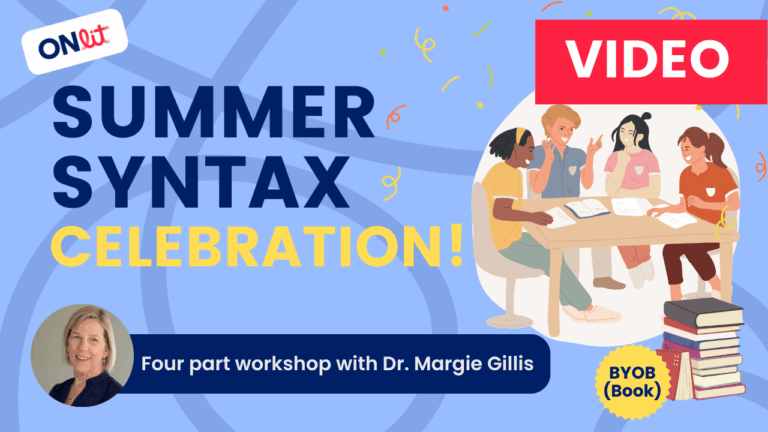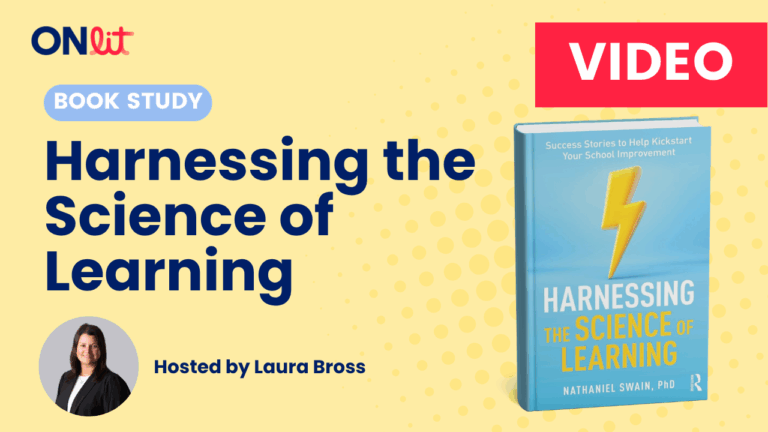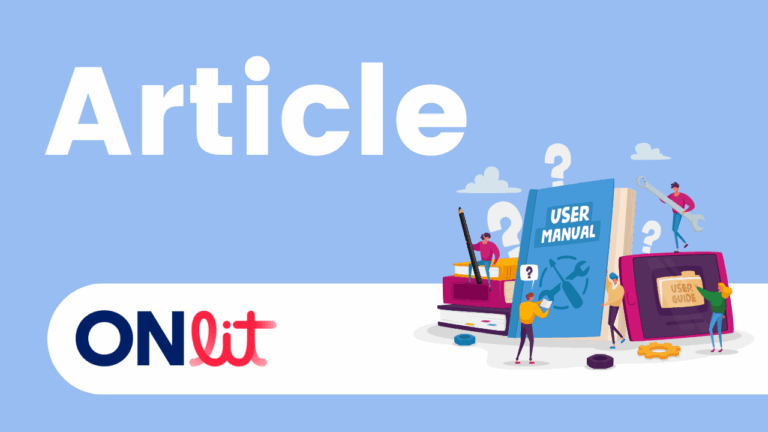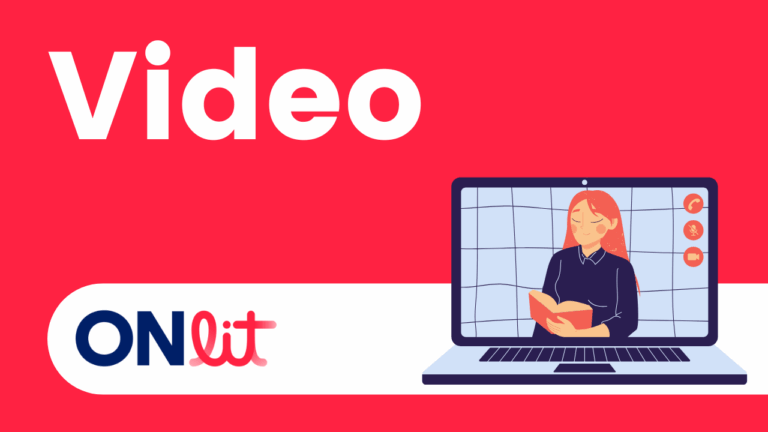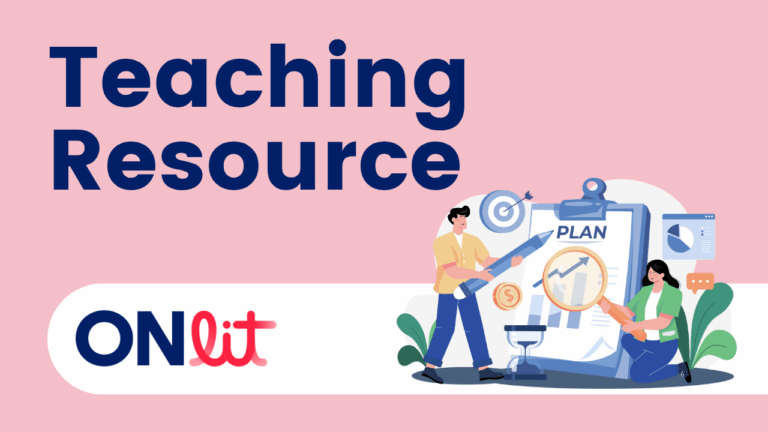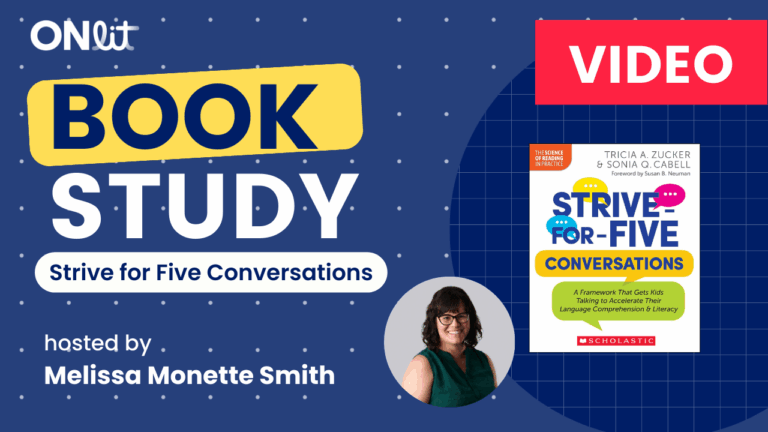Summer Syntax Celebration Recordings with Dr. Margie Gillis
Syntax is often overlooked and misunderstood, but is KEY to reading and writing proficiency! This series presents research on syntax and explains its critical role in comprehending complex text, reading fluency, and writing coherent sentences. Armed with this understanding, educators learned how to teach their students the functions of sentence parts—words, phrases, and clauses—in order…

